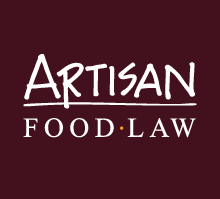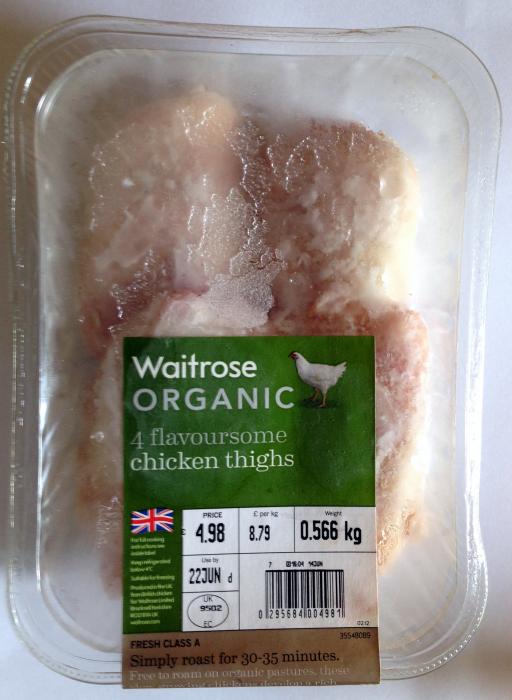Torfaen v Willis – leading ‘use by’ food labelling case reaches the Supreme Court
In 2011 Torfaen County Borough Council brought a prosecution against Douglas Willis Limited for a number of offences, all similar in nature, contrary to regulation 44(1)(d) of the Food Labelling Regulations 1996. This is the regulation that makes it an offence where any person “sells any food after the date shown in a ‘use by’ date relating to it”. Torfaen alleged that Willis had sold frozen pigs’ tongues after their ‘use by’ date. Artisan Food Law covered the case in early 2012.
Willis argued that because the foods were frozen when inspected by Torfaen they were not highly perishable and so did not, under the 1996 Regulations, require a ‘use by’ date. The date had, in effect, ceased to have any relevance. The Magistrates agreed and the prosecution failed. Torfaen appealed to the Divisional Court which ruled the Magistrates had got it wrong and remitted the case back for a fresh hearing. The Court said that, to secure a conviction for an offence under regulation 44(1)(d), the prosecution must prove beyond reasonable doubt:
- At the point the food was ready for delivery to the ultimate consumer or to a caterer, it was ‘highly perishable’ and so had to be labelled with a ‘use by’ date.
- The defendant was at the time of the alleged offence selling the food.
- At the time of the alleged offence, the ‘use by’ date had passed.
The Court went on to state that the fact that food, when sold, is labelled with a ‘use by’ date is prima facie evidence that it was required to be so labelled. This means there is an evidential burden on the defendant to demonstrate that the label had not been required in the first place. Furthermore, freezing food that had a ‘use by’ date correctly applied at the time does not mean the ‘use by’ date ceases to have effect. If it is sold after the ‘use by’ date, an offence under regulation 44(1)(d) would be committed.
The case has become one of public importance and reaches the Supreme Court next week on Tuesday, 9 July 2013. It looks set to take a place amongst the leading food law cases of recent years.
The case is significant because it raises a number of important issues including:
- The fundamental presumption of innocence in criminal cases places the burden of proof throughout a criminal trial on the prosecution. Will the Supreme Court confirm that this is an instance where the burden falls on the defendant to show the ‘use by’ label was not required?
- Regulation 44(1)(d) creates the offence in the interests of food safety. If the Supreme Court agrees with the Divisional Court, what impact will this have on local authorities when considering whether to bring a prosecution? Must they consider whether the food in issue is an actual risk to health?
- If food is ‘deemed’ to be unsafe if sold after its ‘use by’ date how can this presumption be rebutted? In the ordinary course of events it would be a difficult task to demonstrate the food did not require a label at the time it was applied.
- Where the food in question is part of a batch, lot or consignment what does this mean for the presumption under Article 14(6) of the general food Regulation (EC) 178/2002 that the batch, etc. is also unsafe?
Follow Artisan Food Law here or on Twitter @ArtisanFoodLaw for further updates next week.
Meanwhile, click here if you want to read the full judgement of the Divisional Court in the case of Torfaen County Borough Council v Douglas Willis Limited [2012] EWHC 296 (Admin).





